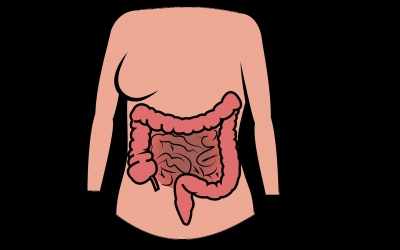New Delhi, January 20 (IANS). People suffering from a skin disease called psoriasis often have invisible swelling in the small intestine, which further increases the problem of ‘leaky gut’.
The team from Uppsala University in Sweden said that gut inflammation may explain why psoriasis patients often have gastrointestinal problems and are at higher risk of developing Crohn’s disease.
Swelling of joints may also occur in psoriasis patients. 18 psoriasis patients and 15 healthy people were included in the study. Gastrointestinal disease was not found in any of them. Samples were taken from their small and large intestines.
The researchers then studied different types of immune cells in the mucous membrane. They found that people with psoriasis had higher numbers of certain types of immune cells in the small intestine. Researcher Maria Lampinen of Uppsala University said these cells “also showed signs of pro-inflammatory activity”.
“Interestingly, we found the same type of immune cells in the skin inflammation of psoriasis patients. This suggests that skin inflammation may have an impact on the gut,” he said.
These findings have been published in the journal Biochemica et Biophysica Acta (BBA) – Molecular Basis of Disease.
Normally, the intestinal mucosa acts as a protective barrier, allowing nutrients and even water to pass through it. In some autoimmune diseases, the intestinal barrier may function poorly. ‘Leaky gut’ or damage to the intestines that causes bacteria and harmful substances to mix with the blood and cause inflammation.
When these substances spread through the body through the blood, they can also cause more widespread inflammation.
Half of the psoriasis patients in the study had worsening of the problem of ‘leaky gut’. These patients also reported more gastrointestinal symptoms such as abdominal pain and bloating than normal patients.
The levels of inflammatory substances in his intestines were also elevated.
The researchers said, “Psoriasis patients in our study who had relatively mild skin disease and gastroscopy showed no inflammation in the intestines, had surprisingly pronounced changes in their small intestine compared with healthy individuals. These changes may explain why “Why psoriasis sufferers often have gastrointestinal problems, and why they have an increased risk of developing Crohn’s disease.”
–IANS
cbt/










